- Home
- About Us
5 Pillars of islam
5 Pillars of Islam
Introduction
The 5 Pillars of Islam are the core principles that guide a Muslim’s faith and practices. Each pillar represents a unique form of worship and devotion to Allah, providing a strong foundation for a life of faith, discipline, and responsibility. By understanding and practicing these pillars, Muslims connect deeply with their faith and community.

1. Shahadah (Faith)
Declaration of Faith
The Shahadah is the first and most fundamental pillar of Islam. It is the declaration that there is no god but Allah, and Muhammad (PBUH) is His messenger. This statement of faith unifies Muslims globally, reminding them of their shared beliefs and commitment to Allah. For many, Shahadah is both the beginning of their faith journey and a constant, lifelong reaffirmation.
Key Aspects of Shahadah
- Belief in the oneness of Allah
- Recognition of Muhammad (PBUH) as the final prophet
- Continuous reminder of devotion and faith
2. Salah (Prayer)
Daily Worship Through Prayer
Salah, or the five daily prayers, is the second pillar and an essential practice for Muslims. These prayers occur at specific times throughout the day, encouraging discipline, routine, and spiritual reflection. Salah serves as a reminder of a Muslim’s relationship with Allah and instills a sense of peace and closeness to the Creator.
Key Points About Salah
- Performed five times daily (Fajr, Dhuhr, Asr, Maghrib, and Isha)
- Involves recitation from the Quran and physical postures of worship
- Builds a direct and personal connection with Allah
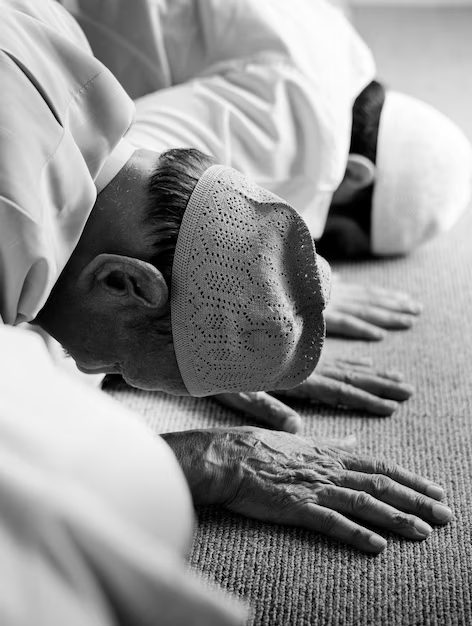

3. Sawm (Fasting)
Fasting During Ramadan
Sawm, or fasting, takes place during the holy month of Ramadan. From dawn until sunset, Muslims abstain from food, drink, and other physical needs, focusing instead on spiritual growth, self-restraint, and empathy for those who are less fortunate. Fasting is a humbling experience that strengthens a Muslim’s resolve and appreciation for the blessings in life.
Significance of Sawm
- Enhances self-control and empathy
- Encourages charity and generosity
- A time for reflection, prayer, and Quranic study
4. Zakat (Charity)
Giving to Those in Need
Zakat is the third pillar and a vital aspect of social welfare in Islam. It requires Muslims to give a portion of their wealth—typically 2.5% of their savings—to those in need. Zakat is not only an act of charity but also a way to purify one’s wealth, promoting social justice and unity within the community.
Key Principles of Zakat
- Obligatory for financially able Muslims
- Contributes to social equality and reduces poverty
- Purifies wealth and instills a sense of community responsibility

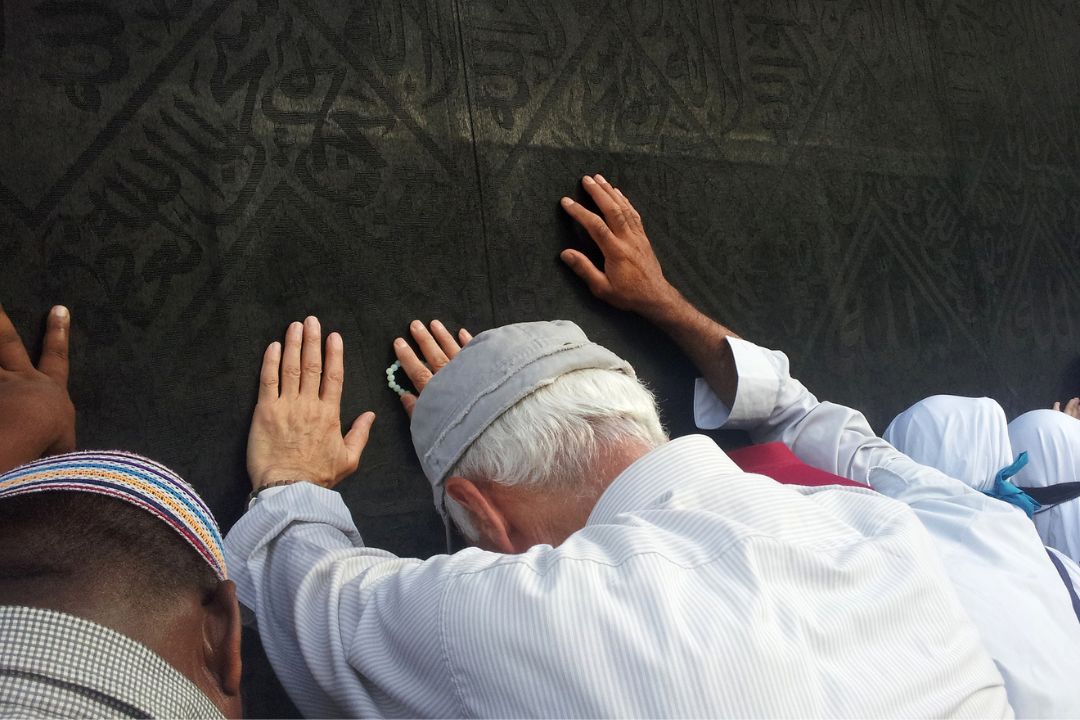
5. Hajj (Pilgrimage)
The Journey to Mecca
Hajj, the pilgrimage to Mecca, is the fifth and final pillar of Islam. It is a spiritual journey that every physically and financially able Muslim is required to undertake at least once in their lifetime. Hajj symbolizes unity, equality, and humility, as millions of Muslims gather from around the world to perform this act of worship together, dressed in simple attire to erase distinctions of wealth or status.
Importance of Hajj
- Fosters unity among Muslims worldwide
- A reminder of the equality and humility before Allah
- A transformative experience that renews faith
Mission Statement
At Sahulat Quran, our mission is to make Quranic education accessible to everyone, regardless of age or location. We are committed to fostering a deep, personal connection with the Quran through personalized, high-quality online classes. By providing flexible learning options with experienced teachers, we aim to inspire a lifelong journey of spiritual growth and understanding. Our goal is to empower students worldwide with the knowledge and guidance needed to embrace the Quran’s teachings in their daily lives.
- Expert Teachers – Learn from certified instructors dedicated to your progress.
- Flexible Timings – Schedule classes that suit your routine.
- Affordable Plans – Quality education that fits any budget.

Meet Our Expert
Learn From Our Scholars
Gain Quranic wisdom from our certified experts
The best richness is the richness of the soul
Your support brings quality Quran education to students globally, making learning accessible for everyone.
At Sahulat Quran, we are dedicated to providing a wide range of Quranic and Islamic education courses that cater to learners of all ages and levels. Whether you’re just starting your journey with Noorani Qaida or looking to deepen your understanding through advanced Tajweed, Quran Translation, or Tafseer, our expert teachers are here to guide you every step of the way. Each course is designed to help you connect with the Quran and Islamic knowledge at your own pace, with personalized learning options to fit your schedule. Begin your spiritual journey with us and experience the joy of learning the Quran, no matter where you are in the world.

Tajweed and Pronunciation
Students learn the rules of Tajweed, ensuring correct recitation of the Quran according to classical pronunciation standards.
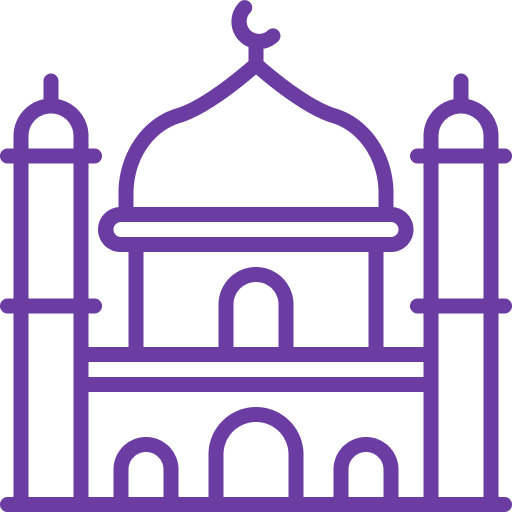
Quran Memorization (Hifz)
This course is for students who aim to memorize the entire Quran, with emphasis on retention techniques and regular revision.

Quran Translation
Learners will gain a deep understanding of Quranic verses by translating them into their native language, facilitating comprehension of the text.
Latest News

—Virtues of Ramadan The rules and regulations (Ahkam) of Ramadan
—Virtues of Ramadan
The rules and regulations (Ahkam) of Ramadan
### *1. Quranic Verse about Ramadan:*
*Arabic:*
شَهْرُ رَمَضَانَ الَّذِي أُنزِلَ فِيهِ الْقُرْآنُ هُدًى لِّلنَّاسِ وَبَيِّنَاتٍ مِّنَ الْهُدَىٰ وَالْفُرْقَانِ
*Translation:*
“The month of Ramadan [is that] in which was revealed the Quran, a guidance for the people and clear proofs of guidance and criterion.”
*Source:* Surah Al-Baqarah (2:185)
Rulings of Zakat,Get to know about Zakat
zakat 1
Zakat in Islam
Zakat is one of the five pillars of Islam and is considered a fundamental aspect of a Muslim’s faith. It is a compulsory charity that Muslims must pay to the poor and needy.
Zakat is one of the five pillars of Islam and is considered a fundamental aspect of a Muslim’s faith. It is a compulsory charity that Muslims must pay to the poor and needy
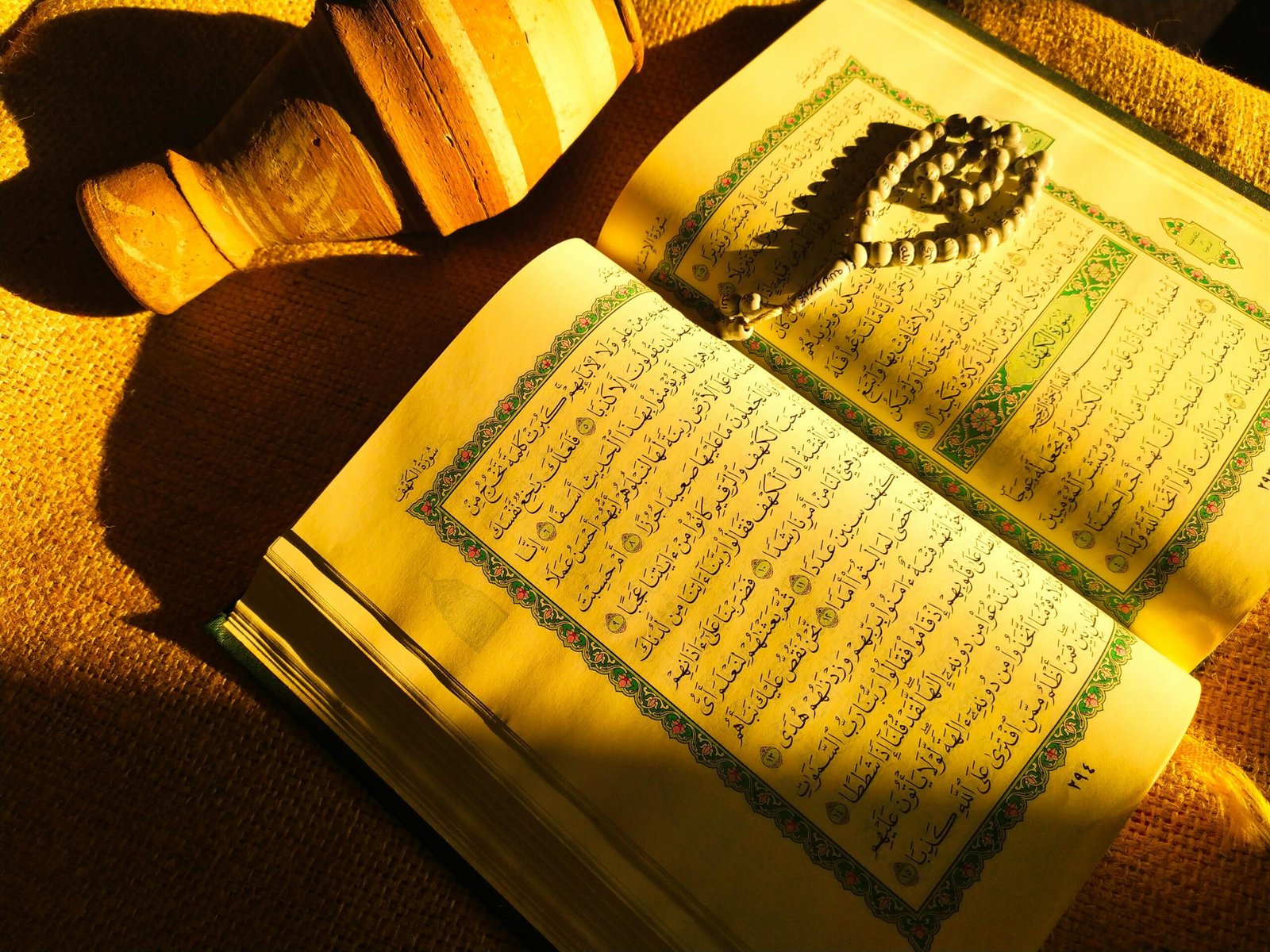
The Importance of Continuous Quranic Education for Adults
While much emphasis is placed on children’s Quranic education, continuous learning for adults is equally vital. Engaging in ongoing Quranic studies allows adults to deepen
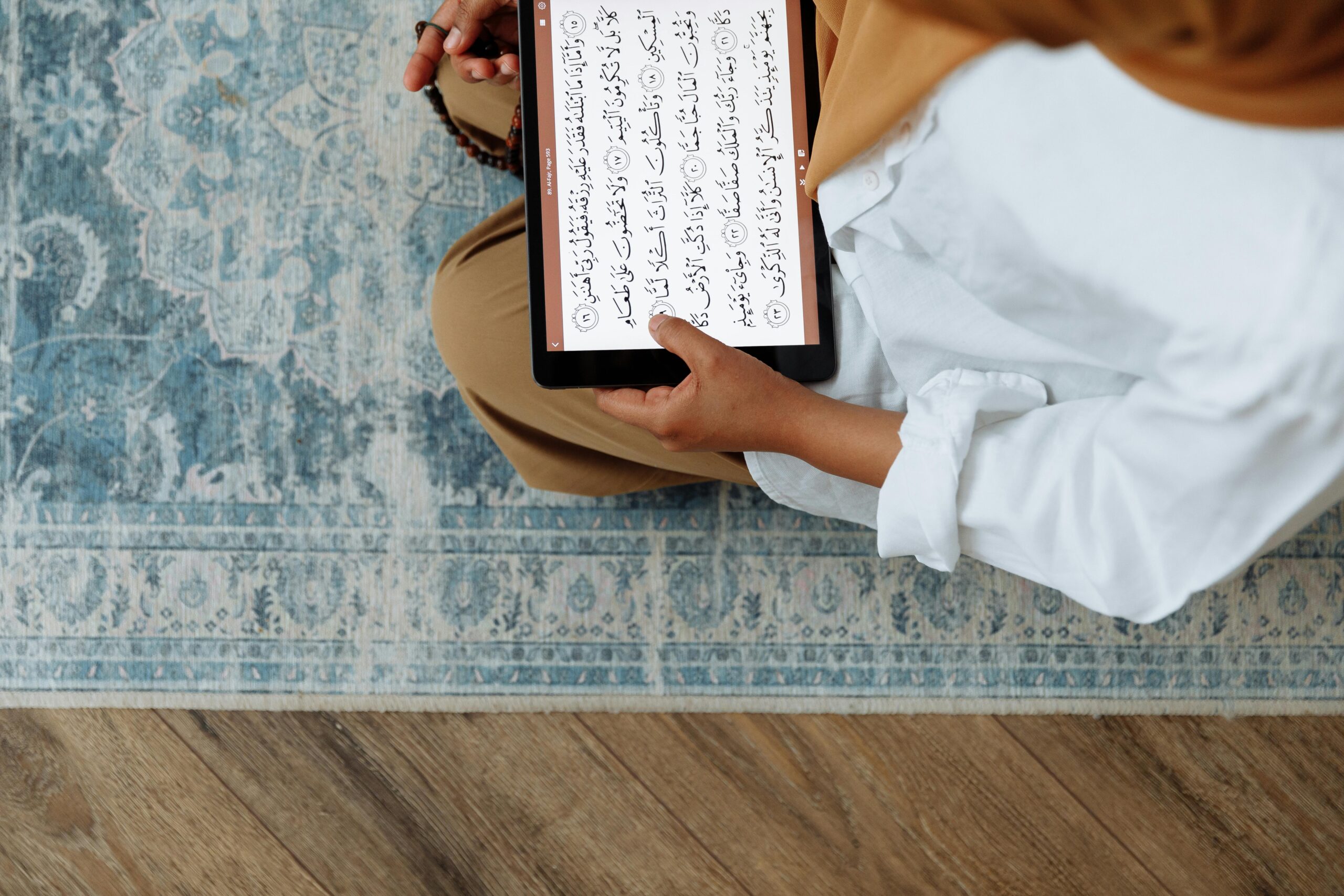
The Role of Technology in Modern Quranic Education
Technology has revolutionized various educational fields, including Quranic studies. The integration of digital tools has made learning more accessible, interactive, and efficient for students worldwide.

